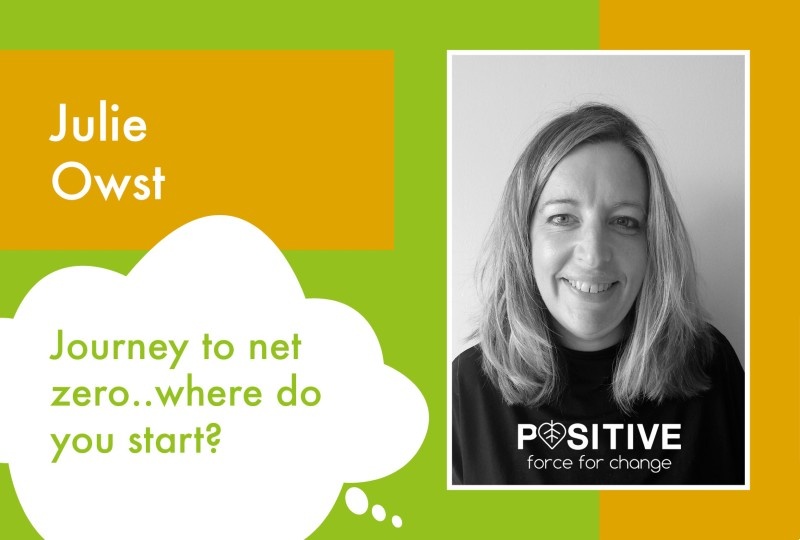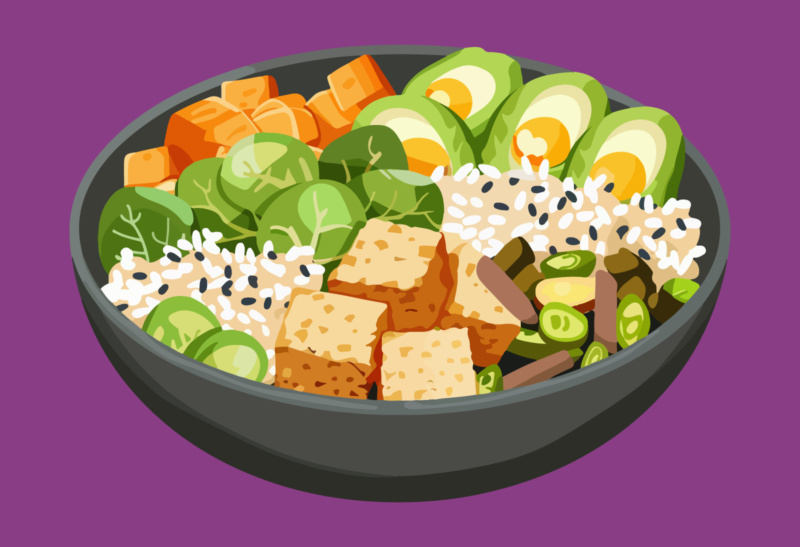However, that’s no excuse for inaction, so we’ve been busy facing into this ambition.
Our learning curve has been pretty steep, and up until recently, if you’d asked what our biggest contributor to our carbon footprint is, most people would probably have hazarded a guess that our fleet of 1000+ trucks (largely powered by diesel) would have been number one. However, it comes as a bit less of a surprise to those of us in the food industry, that actually, the food we buy (known as the ‘Purchased Goods’ category) comprises 92% of our total footprint. In other words, it dwarfs the impact of our trucks, which just goes to show the huge impact of food production on climate change.
So, our journey to net zero will include not just addressing the emissions over which we have the most control (scopes 1 and 2) but huge engagement with our supply chain to try and drive down the footprint of food production.
So, what have we achieved to date?
Scope 1:
Our total Scope 1 emissions in this category last year totalled 44,553 t CO2e, which comprises 4% of our total carbon footprint. The diagram below shows the contributors to these emissions.

As the graph shows, the emissions of our 1,042 trucks and 173 vans form the greater part of our scope 1 emissions. Fleet decarbonisation is definitely a challenge; EV technology hasn’t sufficiently evolved for the batteries to be able to cope with the demands of our operation. For large HGV fleets, it’s currently unclear as to whether the key to decarbonisation lies in electric or hydrogen technology.
All our vehicle fridges are electric however, meaning that we generate no additional emissions from mobile refrigeration units. Whilst waiting for technological innovation around EVs and Hydrogen, we are running an HVO (Hydro-treated vegetable oil) trial, to see if HVO could be a viable stepping stone for us on our journey towards net zero. At time of writing, the HVO trial is ongoing, but signs are positive so far.
In terms of our second largest contributor, refrigerants, there are a range of different refrigerant gases on the market, with differing global warming potential (GWP) ratings. Any new refrigeration system installation will look to use the refrigerant with the lowest GWP where practical; for larger installations the preference is currently CO2 as its credentials are far better than others on the market.
The pandemic has led to huge decreases in business travel, and we’ll be reporting on the latest reduction in our next sustainability report, due out in November 2022.
Scope 2:
This refers to the total emissions arising from the type of electricity we buy. We’re addressing scope 2 emissions mainly by facilitating further on-site solar energy generation, to reduce reliance on the national grid and reduce emissions. The extent to which we can do this is being investigated in partnership with our supplier. For example, we know some of our depot roofs just can’t take the additional weight of solar panels.
Scope 3:
These are all the other emissions created in our value chain, both upstream and downstream. Reporting of Scope 3 emissions is relatively new for most companies; it’s a challenging area as value chains can be complex, long, and not always transparent or traceable. Being a food wholesaler, we have multi-tiered supply chains and low levels of visibility at present.
Scope 3 includes several categories of emissions, and we currently only measure and verify our Scope 3 emissions for waste, as seen in the Environmental Performance table. However, we are gradually getting a grasp on the scale of our scope 3 emissions, thanks to the baselining activity carried out as part of our net zero target setting.
We’ve also joined WRAP’s Food and Drink Protocols Pilot project; more information about these game-changing protocols can be found here: WRAP’s Scope 3 Protocols for Food and Drink. We’re the only wholesaler to be participating in the pilot and in doing so are helping drive progress across the industry. We’ll be engaging with suppliers who sit within our emissions hotspots and will use their input to feed back into the protocols pilot group. It also means that we will be well placed to keep customers updated on this fast-evolving area.
To find out more, have a look at the video below and have a listen to this very informative podcast with Stephen MacKenzie from WRAP and Judith Batchelar, Deputy Chair of the Environment Agency.
One of the challenges of decarbonising food is that food cultivation and production also impacts water scarcity, biodiversity, animal welfare, soil quality, worker welfare, our farmers, the aesthetics of our countryside and so much more. We can’t just have a blinkered focus on emissions. Not to mention that food nourishes our bodies; there are nutrient implications for switching food types too. We touch on some of these issues in our article on net zero in Contract Caterer magazine.
It’s a complex subject with no easy answers, all we know is that we absolutely need a holistic approach, otherwise we risk solving one issue and inadvertently creating unintended negative impacts elsewhere.
In conclusion
So, our journey to net zero is without doubt a marathon, not a sprint, but our customers can be assured that our alignment to the SBTi (Science-Based Targets initiative) means that we’re very well placed to align to your net zero ambitions.
We look forward to keeping you updated on our emissions reduction work; please follow our progress by looking out for our 2022 sustainability report which will be available in November 2022 at www.bidfood.co.uk/sustainability/.
Hungry for more? Check out our related blogs:
- What I learnt about regenerative farming | Julie Owst
- How can the hospitality industry reduce food waste?
- What does Earth Day mean to Bidfood?
- 4 challenges with carbon labelling on menus
- How is Bidfood aiming to be a positive force for change?
- How to master your sustainability communication online
- 3 reasons why we signed up to the Better Business Act coalition



